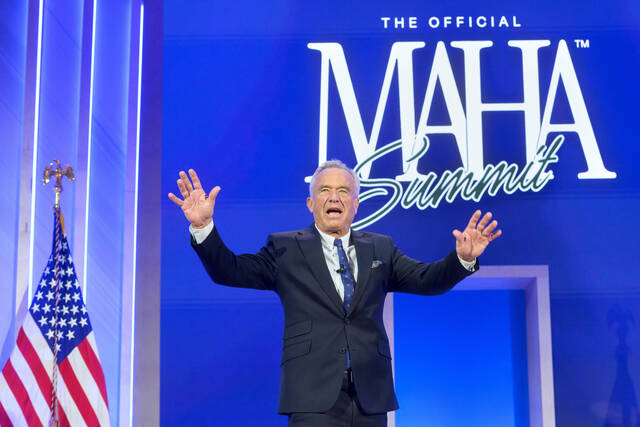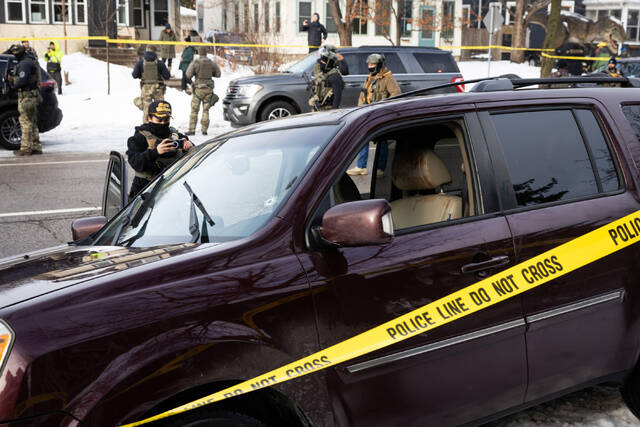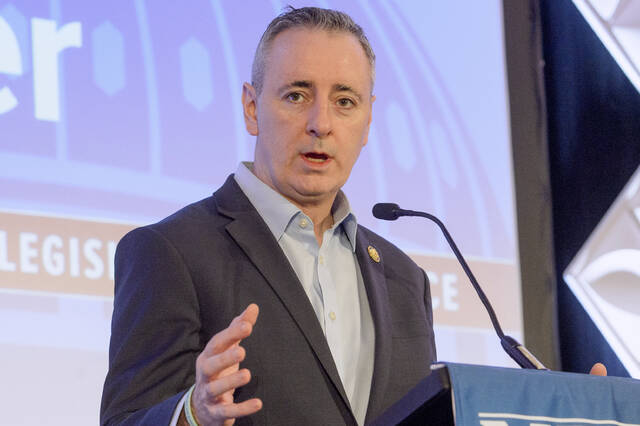“I know what that means.”
The words were in response to an exchange with a friend on social media. I said nothing political. When it comes to Facebook and Twitter, I very seldom do.
A quippy statement that was, ironically, about staying neutral ended up sparking a whole new squabble between people debating what I meant. Was I right wing? Was I left? Was I being snarky? (This was a valid question. I often am.)
Odds are, you’ve been involved in one yourself. Maybe you were misunderstood. Maybe you were making assumptions about someone else.
But we all seem to be caught up in a kind of political aphasia.
Carnegie Mellon University backs that up with a recent study that indicates Democrats and Republicans are doing more than not listening to each other. They don’t even seem to be speaking the same language.
That’s not an exaggeration. Algorithmic analysis of six years worth of YouTube comments on news videos from CNN, MSNBC, Fox News and One American News Network showed words can mean something entirely different to one person than another, based purely on their politics.
It might not be quite like the difference between English and French, but it is a lot like the difference between the English spoken in Pittsburgh and the way the same language is used in the United Kingdom or Australia.
But where thousands of miles of distance and hundreds of years of history have caused the divides between what “biscuit” means in Los Angeles versus London or “barbie” in Miami as opposed to Melbourne, it’s just a few short years of ideological opposition that is creating a new dialect now.
“It’s OK if people have very different opinions. That’s not necessarily highly alarming for the health of a political system,” said Mark Kamlet, a professor of economics and public policy and another co- author of the study. “But when we get to the point where there’s so little in common, there’s no basis in having an intelligent conversation.”
To be fair, many people reading internet comment sections might argue intelligent conversations aren’t exactly what is happening there.
If half of us say “mask” and the other half hear “muzzle,” how do we have any kind of conversation? If we try to agree with each other and get tripped up on the language, how do we reach a peace?
The answer is something both sides seem to agree is a dirty word. Middle ground.
When the far left and the far right can’t talk to each other, they need what anyone would need when up against a language barrier — a translator. Moderate Democrats and Republicans who occupy more centrist positions could help interpret conservativese and liberalish.
The problem is translation only works when we want to understand. No matter how good the interpreter, if we are set on believing up is down, we will never accept it isn’t, leaving us no way out of our political Tower of Babel.








